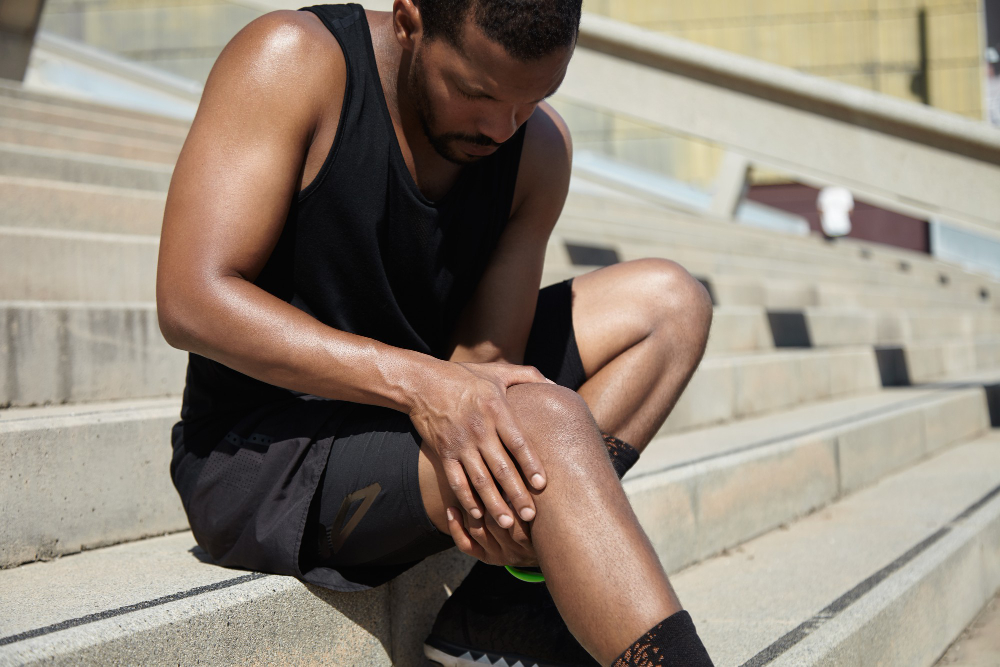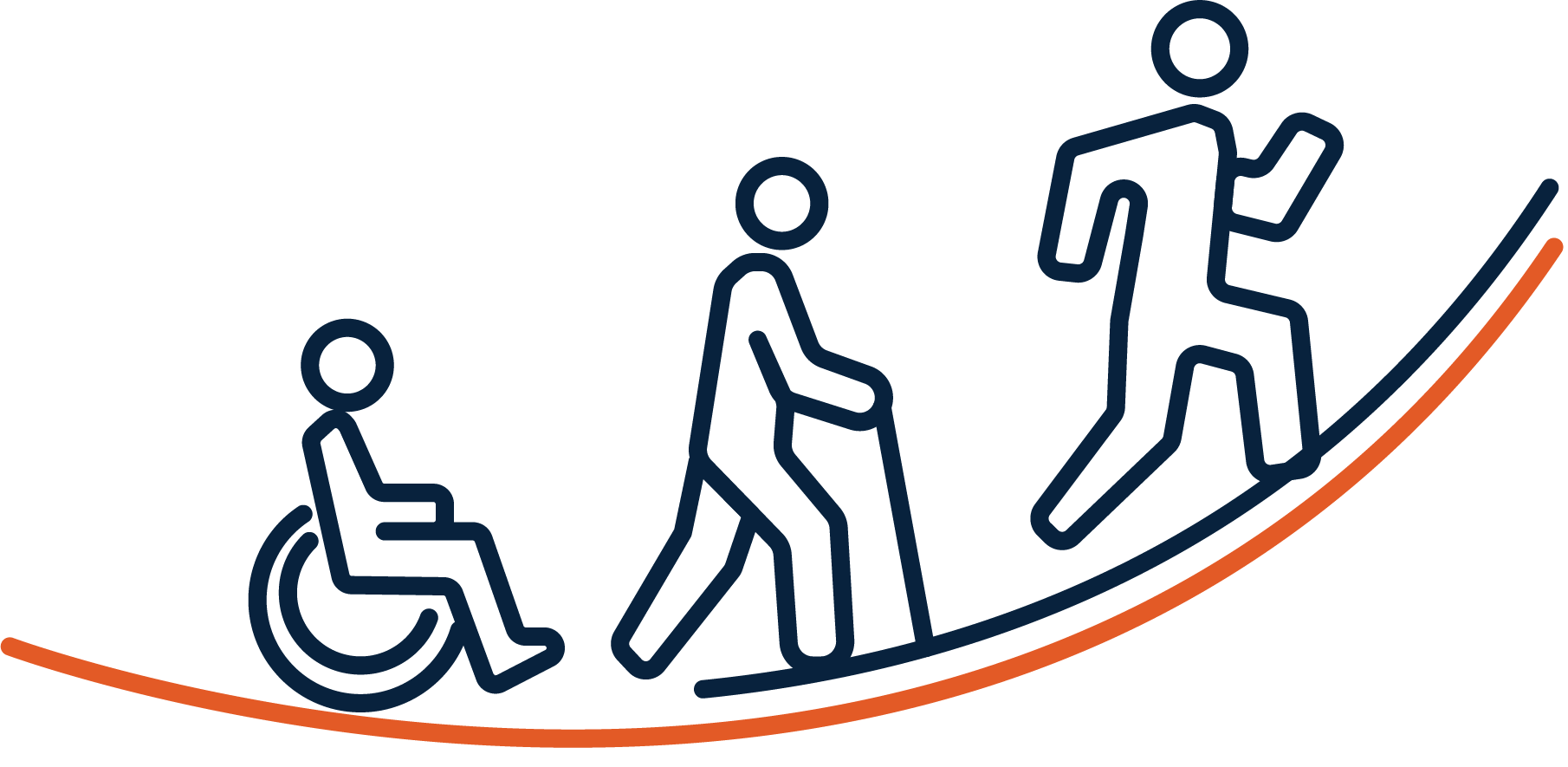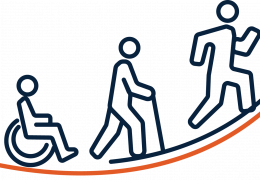Sports Injuries
What Are Sports Injuries?
Sports Injuries are defined as injuries incurred during sports activities, these can be trivial as bruises or soreness or can be life threatening such as Concussions or Arterial Dissection. Most Sports Injuries often require Physiotherapy Treatment to ensure safe and optimal return to Sports Activities for athletes as well casual participants to avoid re-injury and ensuring safe engagement in sports
Most Frequent Sports Injuries in Athletes of All Ages
Most Frequent Sports Injuries in Athletes Include
- Sprains and Strains
- Fractures
- Tendinitis
- Concussions
- Dislocations
- Bruises
- Stress Fractures

How Do Sports Injuries Happen? Key Risk Factors Explained
Sports Injuries can occur in Most Professional to recreational Settings. These are the key risk factors
- Improper Safety Equipment and preparation
- Disregard of Safe Practices
- Inadequate Preparation of participants and Environment
- Lack of Proper Body Conditioning according to the sports and risk eversion preparations
Immediate Steps to Take After a Sports Injuries
If you Incur a Sports Injury then you need to follow these steps immediately
- Cease Play and assess the situation
- Engage the available health care professional to proper assessment
- If a health care professional is not available, then you check if the injured area is able to move, bear weight, notice any swelling or redness in the area
- After assessing the situation, immediately follow the RICE protocol.
R- rest
I- icing
C- compression
E- elevation
First aid for sports injuries, injury response
First aid for sports Injury is given according to the Injury and area involved, mostly
- For minor bruises the area is cleaned with iodide solution or saline
- For Sprains and strains, proper fixation of the area is important
- For fracture, the entire limb is immobilized with planks and boards
- For any injury to the head, it is important to rush towards ER but also fix the entire body incase of spinal fracture or cervical injury
Sports Injuries and the Role of a Physiotherapist
Physiotherapist play a vital role in Sports Injury Management by
- Providing First aid and assessing re engagement in sports
- Start of Early Intervention for the Injury
- For minor Muscle strains and sprains, intervention can be provided on site
- For major Injuries, A proper rehabilitation protocol is used to ensure safe return to sports
Rehabilitation Plans for Different Types of Sports Injuries
Rehabilitation plan for each Type of Sports Injury involves
- Assessment of the situation and conclude Diagnosis
- Quick Decision on Immediate return to sports
- Assess the scope of Injury and design a rehabilitation program to strengthen muscle, provide support and ensure pain free sports activities
- Final assessment of return to sports and help athletes return to normal sports activities
Can You Play Through Pain? Why Rest Is Crucial After Injury
Proper Evaluation of any Sports Injury is important to assess return to sports. In case of strains and sprains and any other major injury, it is important to get adequate rest
Adequate rest ensures healing, avoids any re injury or further damage. It also helps in assessment of pain as cessation of sports results in decrease adrenaline that masks pain reception for the moment
Preventing Re-Injury: Strength, Flexibility & Conditioning Tips
To Prevent any Re-injury, you need to follow these steps
- Properly assess all the risk involved and starts preparation during your rehabilitation program
- Ensure proper warm-up before engaging in any sports activities
- Properly Follow your muscle strengthening regime as advised by your physical therapist
- Pain is a indicator that something is wrong and should never be overlooked
Top Sports That Cause the Most Injuries – And Why
- Rugby
- Football
- Basketball
- Repetitive sports like tennis and running
How to Return to Sports Safely After an Injury
- Properly Follow instruction of your physiotherapist and time prescribed by your physiotherapist for recovery
- Ensure adeqaute muscle strength and joint flexibility to engage in sports
- Ensure proper safety precautions when engaging in sports activities
- Make sure you don’t feel any pain during normal. And intense movement of the joints involved

